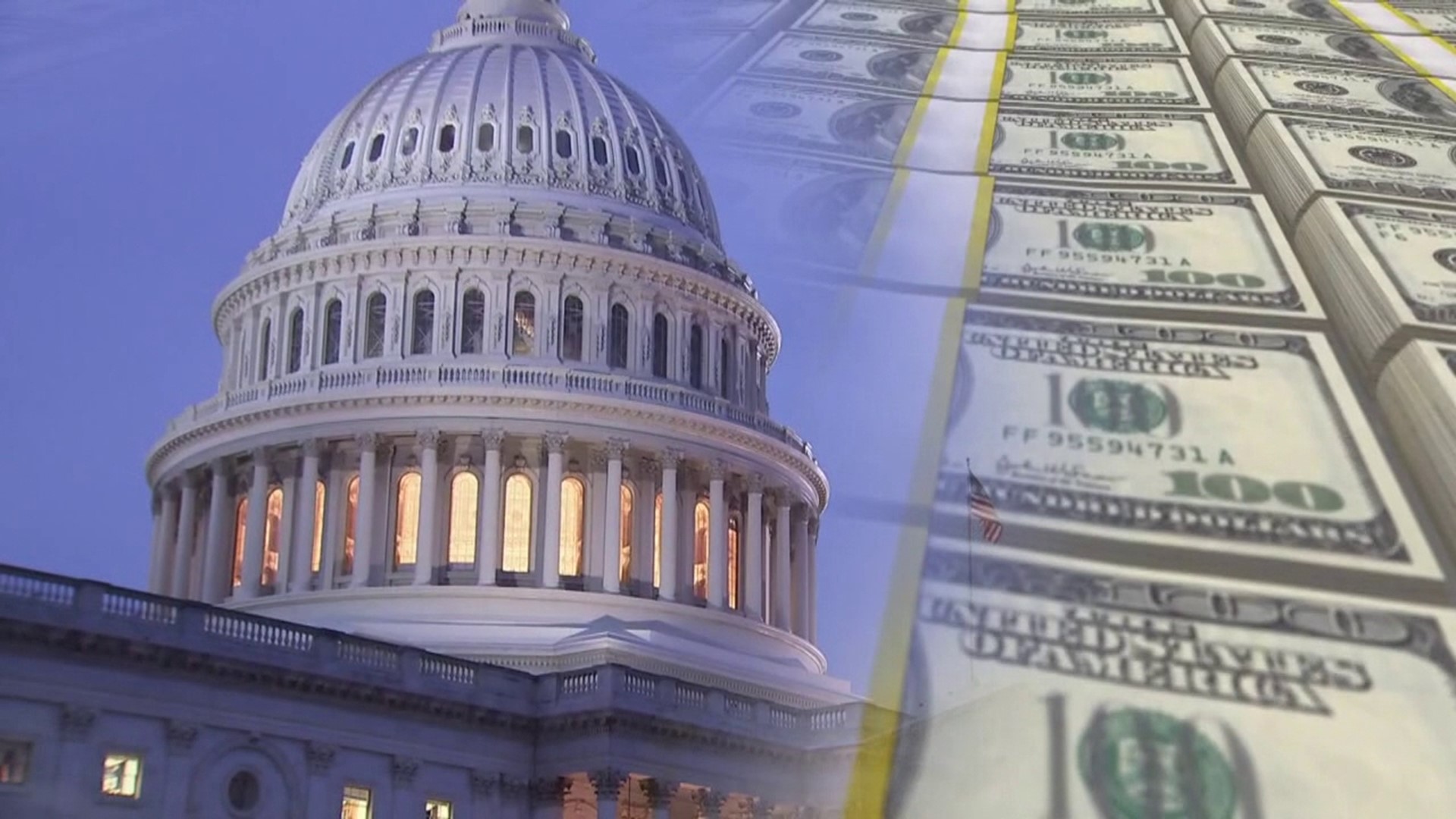WILKES-BARRE, Pa. — "It would set us off into, most economists are saying this would set us off into a pretty strong recession if not an economic depression," said Benjamin Toll about the effect of the U.S. government defaulting on its billions of dollars in debt.
Toll is an assistant political science professor at Wilkes University.
But why is that possible? Well, in order to get a better idea, we asked Toll to first explain what a debt ceiling is.
"A debt ceiling is not deciding whether or not we can choose to spend money, it's whether or not we can pay the bills that we have already accumulated," Toll explained.
It would be like if you and your family paid to remodel your home on a credit card, and now you're deciding to pay the credit card bill or not.
"So the debt ceiling is whether or not we're willing to continue to spend the money on the bills on the purchases that we've already made as a country," added Toll.
So now Toll says the argument in Washington is whether the debt ceiling should be tied to spending cuts.
"So it's sort of this arbitrary, not required thing that we have created. And now we are playing political games with it every time we come up to what would be another debt ceiling limit," said Toll.
So if the debt ceiling isn't raised, what would a default mean?
"That would make it mean that it would be more expensive for the government to take on loans. It would make the dollar be less powerful than what it is right now on a worldwide scale," Toll explained.
For you and me? It could cause the stock market to drop, hurting retirement accounts and more.
"We already are having high-interest rate mortgages right now, high-interest rate car loans, that's going to increase even more which will probably obviously the result increase inflation again," said Toll.
If there's no compromise this week, we could start feeling the effects of default as soon as June 1.
Check out WNEP’s YouTube channel.

